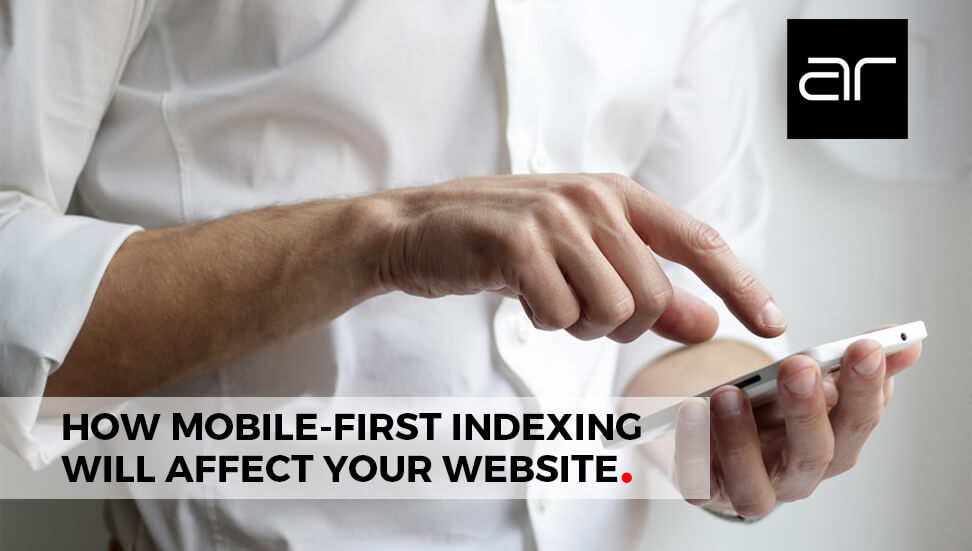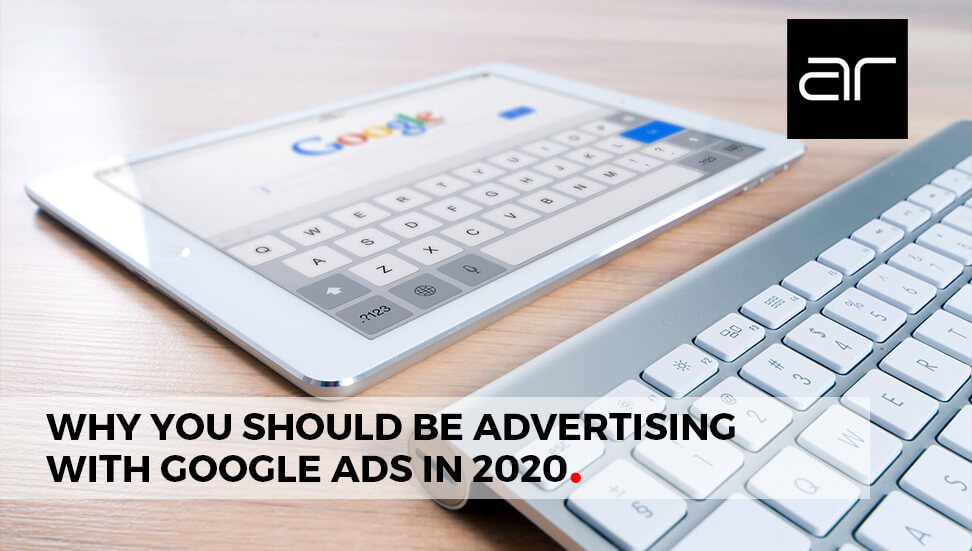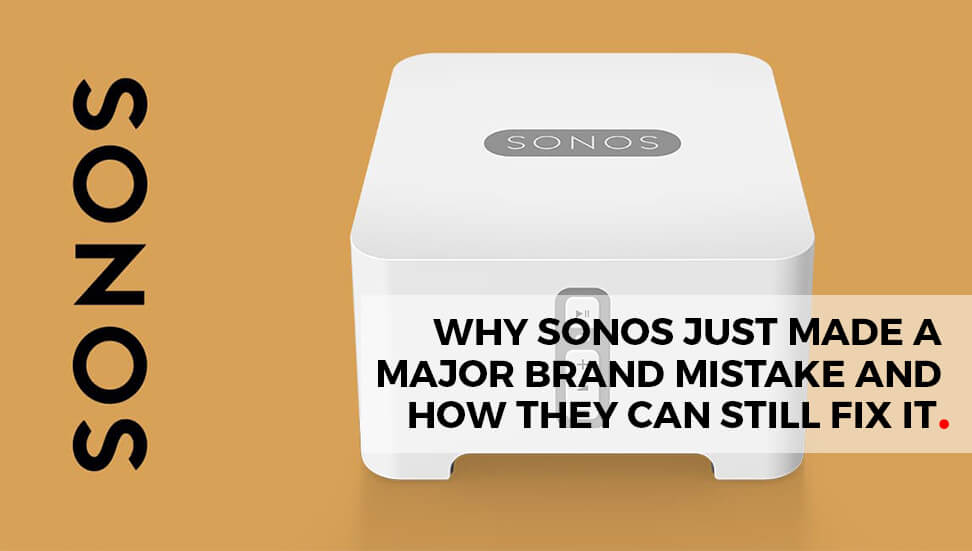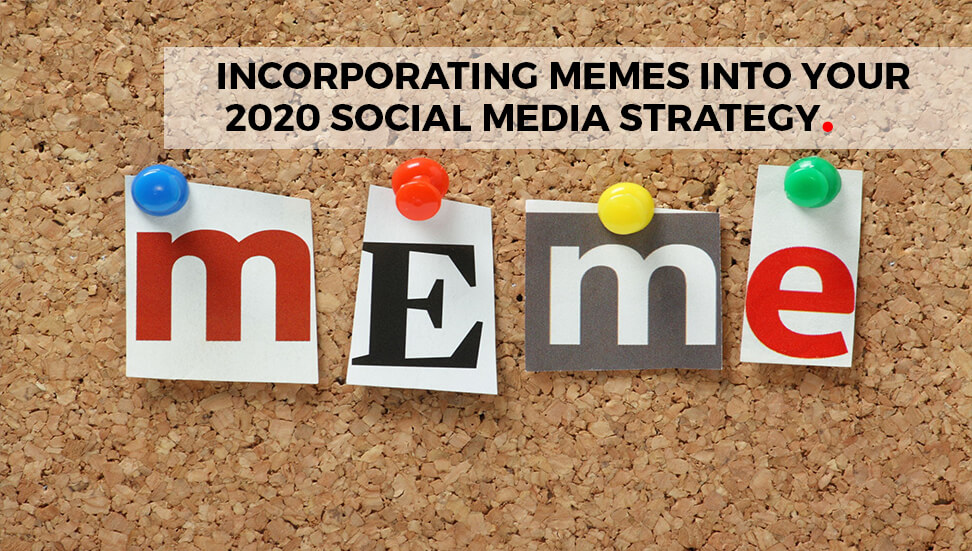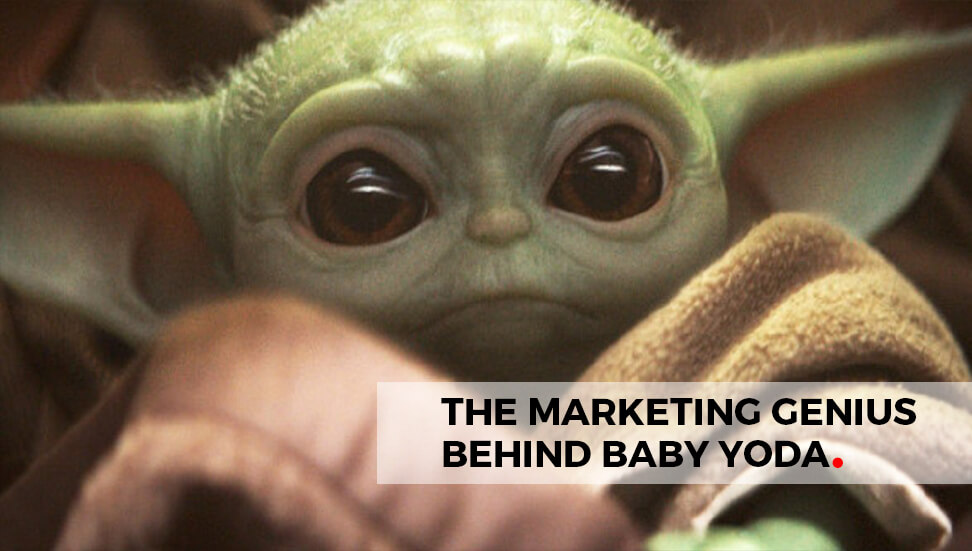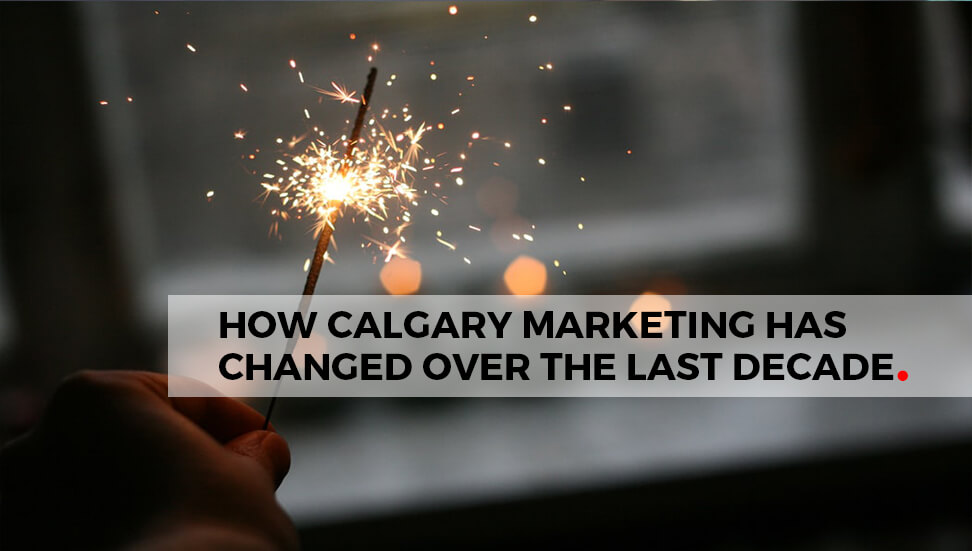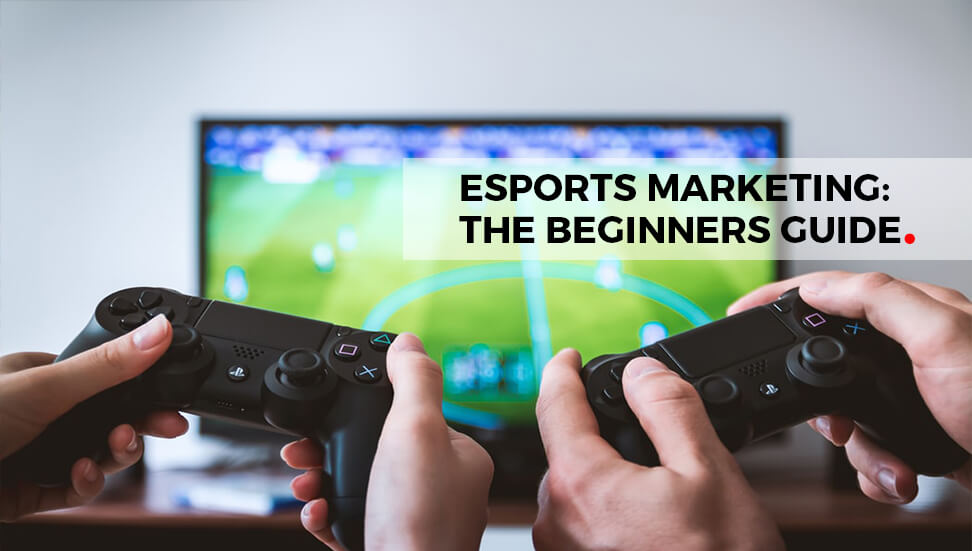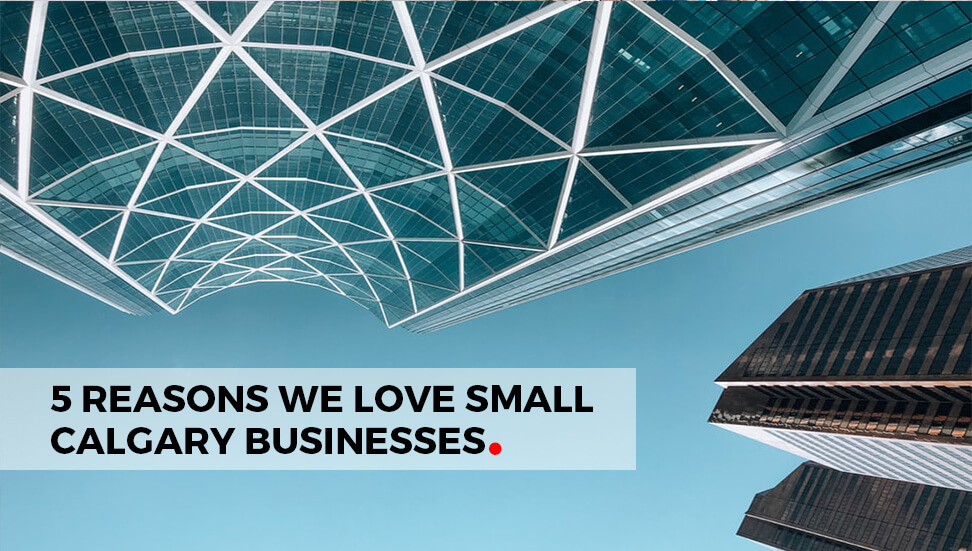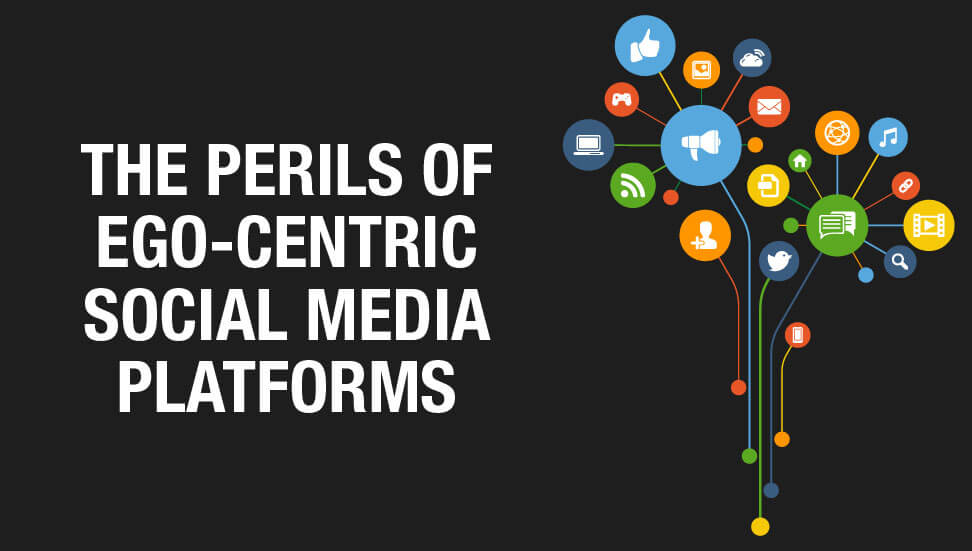How many social media platforms can you name? Which was the first one you named?
If current data is to be believed, it should be Facebook. Look at this:
- Every 60 seconds on Facebook: 510 comments are posted, 293,000 statuses are updated, and 136,000 photos are uploaded.
- Worldwide, there are over 1.55 billion monthly active Facebook users
- 50% of 18-24 year-olds go on Facebook when they wake up.
- One in five page views in North America occurs on Facebook.
- 42% of marketers report that Facebook is critical or important to their business.
- At 1.49 billion, Facebook has more monthly active users than WhatsApp (500 million), Twitter (284 million) and Instagram (200 million)—combined.
You just can’t ignore it. Facebook is a social media juggernaut that just keeps rolling. It keeps rolling, but rolling is a very different thing from succeeding.
So… in a crowded market, how is Facebook succeeding?
To answer that question you have to look around Facebook. If you read the official reports and media that the platform pushes out there is never anything that hints at issues or problems. They’re big, they’re invincible, they’re unbeatable … according to them. In fact their media mill is so tied up that you only get Facebook’s paint to paint a picture with. And don’t try getting information from them – all of their responses come with the proviso of, ‘we reserve the right to not answer your question’, which they take up … immediately.
This is a PR and marketing plan that they have used since the inception of the platform and in the chaos of settling in, has worked well. They never said anything, and no one asked – a match made in Heaven. Or not …
Now that Facebook has been around for a while and generations are being bought up on it, the novelty is firmly worn off and the success of the company seems to be slipping. Its’ still a giant juggernaut that keeps rolling, but it’s not as fast or as complete as it was when 100% of the audience was naive.
In December 2015 Facebook was banned in India. Zuckerberg and his gang of New Age ‘Philanthropists’ wanted to take free internet into India. WOW! Following hot on the heels of his announcement at the birth of his first child that he was going to give his $49 billion away in his lifetime, to charity, this seemed to validate Zuckerberg, and Facebook, in the realms of sainthood. How amazing that everyone in India could access the internet and change their lives… or not.
Zuckerberg really did announce free internet for India, but as they say there’s no such thing as a ‘free lunch’, the price that the country had to pay was that they were only allowed access to a ‘few’ pages (but only one page was named for certain); and no guessing which page that was, and they were tied into the phone provider that teamed up with Facebook. One commenter on Zuckerberg’s own Facebook page from India said that it wasn’t free internet – it was free Facebook. At the beginning other big names bought into the scheme, Wikipedia and Microsoft included, but they soon removed themselves from the scheme and distanced themselves from the marketing. Sounds pretty much like a monopoly in a Trojan horse to me.
This revelation leads us to look at other philanthropic gestures he made. Remember his announcement that he was going to give away all his personal wealth in his lifetime? He did it in a letter to his newborn daughter:
“Today your mother and I are committing to spend our lives doing our small part to help solve these challenges. I will continue to serve as Facebook’s CEO for many, many years to come, but these issues are too important to wait until you or we are older to begin this work. By starting at a young age, we hope to see compounding benefits throughout our lives.
As you begin the next generation of the Chan Zuckerberg family, we also begin the Chan Zuckerberg Initiative to join people across the world to advance human potential and promote equality for all children in the next generation. Our initial areas of focus will be personalized learning, curing disease, connecting people and building strong communities.
We will give 99% of our Facebook shares — currently about $45 billion — during our lives to advance this mission. We know this is a small contribution compared to all the resources and talents of those already working on these issues. But we want to do what we can, working alongside many others.”
I don’t know about you, but that sounds less like a letter to his daughter and more like a personal branding mission statement. Add to the fact that he reserves the right to sell, yes, sell for money any part he chooses (which seems to include any innovation that arises from the foundation but all of it is a little vague in detail so it’s hard to tell), and to administer all funds as he sees fit, you can see that it’s less about giving to the poor and needy and more about control and self-promotion. None of this ‘giving’ was done in secret, or given over to already established charities, which would have made it a far more philanthropic gesture. It gives the feel that the company cannot be separated from the ego.
The feeling deepens as you investigate a huge debate started by Josh Miller the CEO of Branch in his article titled “Houses, Schools, and Town Squares – Building Next Generation Social Products”, where he likened Facebook to a builder building Town Halls and cities.
Dave Morin, CEO of Path then responded:
“Facebook has built the cities, they’ve built the town squares, and they’re more of a general social network. Path, on the other hand, is more like the home, as if adding each friend is filling out your dinner table.”
This started off a slew of debate over what exactly Facebook has built.
Eric Fisher, who wrote Facebook’s social design development, was lead to say that actually Facebook was ‘“centered on individuals and their friends which is a very self-serving, egocentric model.”
Mike Karnjanaprakorn from Skillshare added: “If Facebook built the cities and @Path is building the houses, Skillshare is building the schools (cc: @davemorin)”
That’s all a bit harsh considering some of these are words from previous Facebook evangelists. One thing that is for certain is that Facebook is falling out touch as well as out of favour.
It’s no secret that tech savvy hipsters are less than enamoured with Facebook, but it seems that the dislike for the platform has hit new lows. When their un-tech savvy grandmothers started poking them they must have decided to get a new hobby, but the main thinking is that Facebook no longer adds to life. In fact, if anything, it detracts from productivity and distracts them.
Adrienne Jeffries in the Observer noted:
“Facebook fatigue among early adopters won’t necessarily spread to mainstream users. Then again, it might—social networks are, after all, social. Screenwriter Aaron Sorkin, having won an Oscar for The Social Network, recently announced he was through with the site. “I have a lot of opinions about social media that make me sound like a grumpy old man sitting on the porch yelling at kids,” he said during a panel in Cannes.”
We all feel the same, but to say I would miss an egocentric platform like Facebook is so far from the truth. Considering their platform claims to give people a place to be social, to be heard and listened to, it does surprisingly little listening. It does what it wants to, deleting options with no thought of the users and what they use it for, they are massively unobtainable when you have an issue and make changes to the platform to herd people into the boxes Facebook wants them to.
As for a marketing tool, Facebook gives you very little control over who you market to, or how. The messages you construct are constructed their way and who has access to them is decided by the Faceless account managers at Facebook. You have the tool, just no control over how to use it. It’s not a customer friendly operation by any means and is definitely centred around the needs of the platform alone. And once again, they remain massively unobtainable when you need answers to questions.
Being ego-centric is never good business, but like any self-centred genius, Facebook thinks the rules are for everyone else. The problem is that if the platform is run for the good of the platform, you never get what you want or need, so the attention you can give it will wane. If you’re not listened to, then how can you get engaged with the provider? And what do you need engagement for? One thing – Loyalty. If you have a positively engaged audience, you have a loyal one. No amount of self-praise will surpass that.
Will the juggernaut keep rolling? Of course. But will it always be the darling of social media? I think not. To be anyone’s darling you need to learn to listen.


